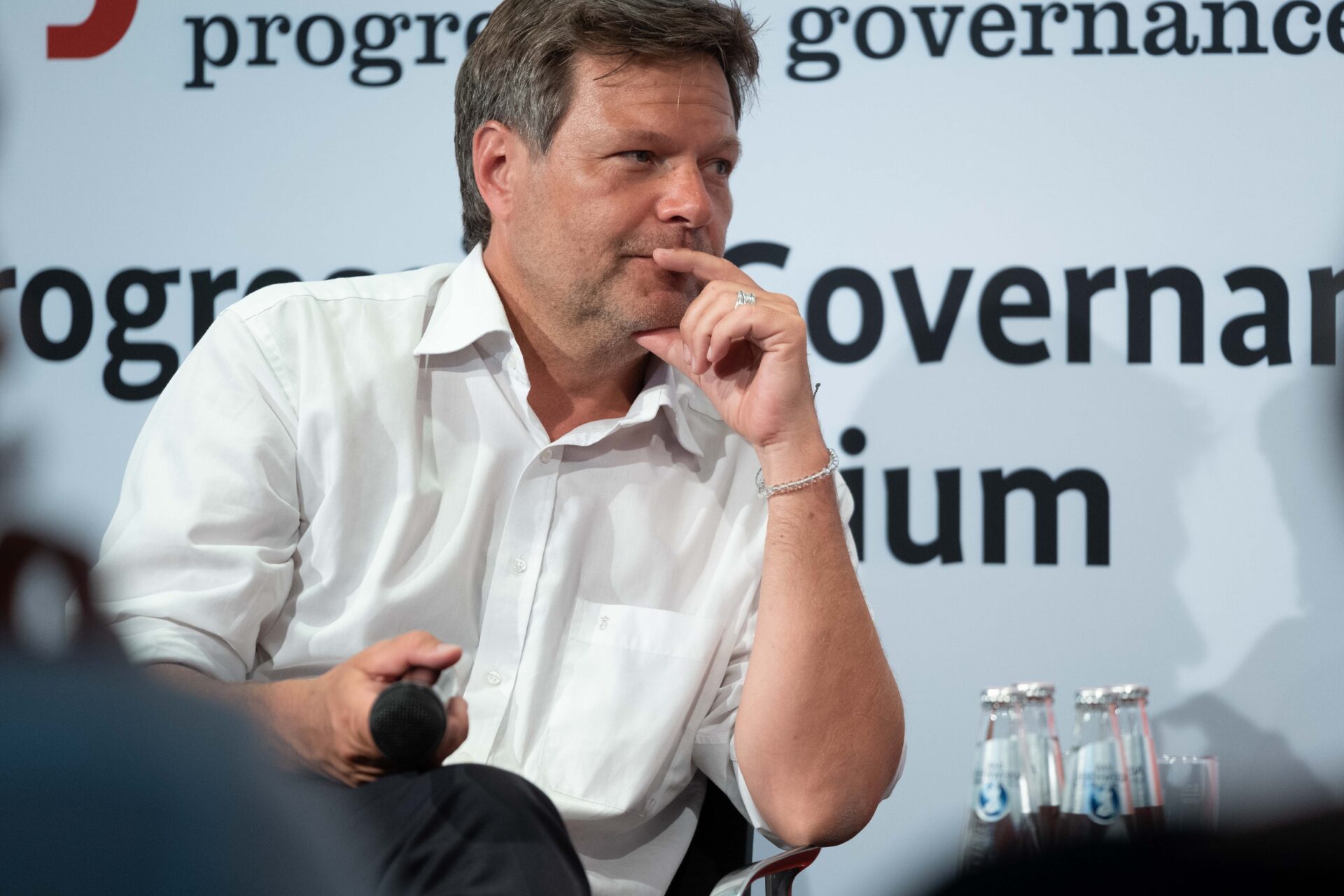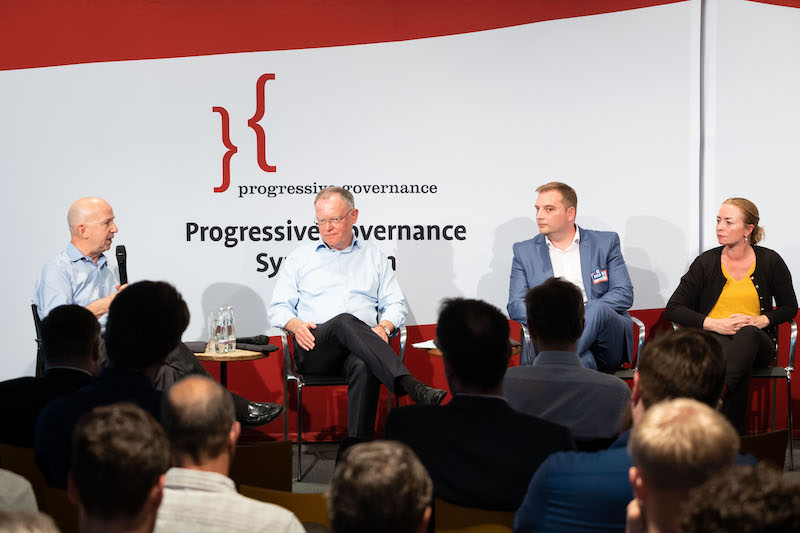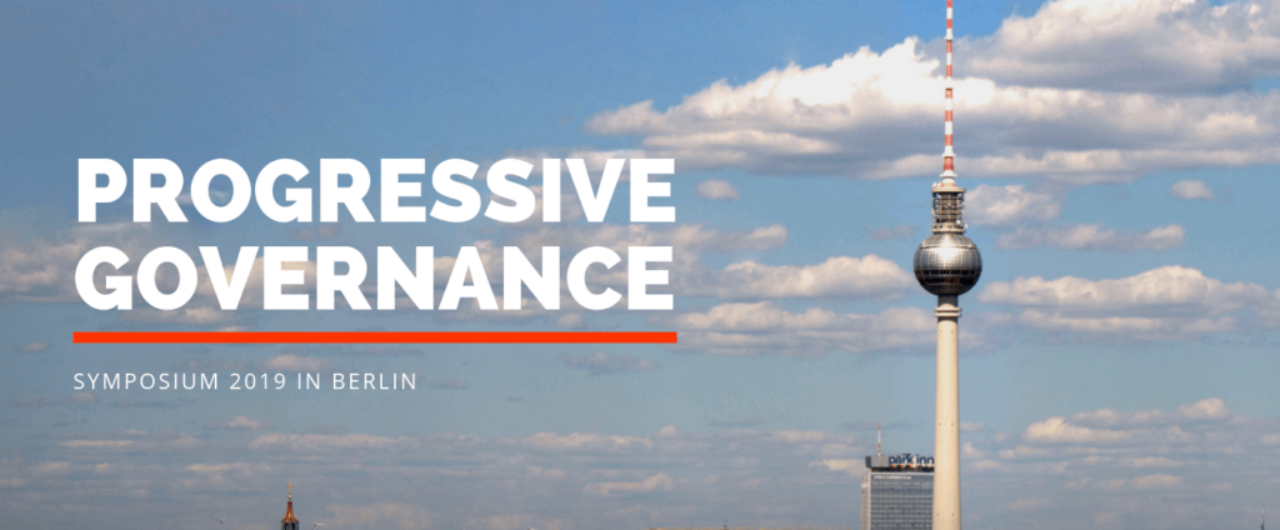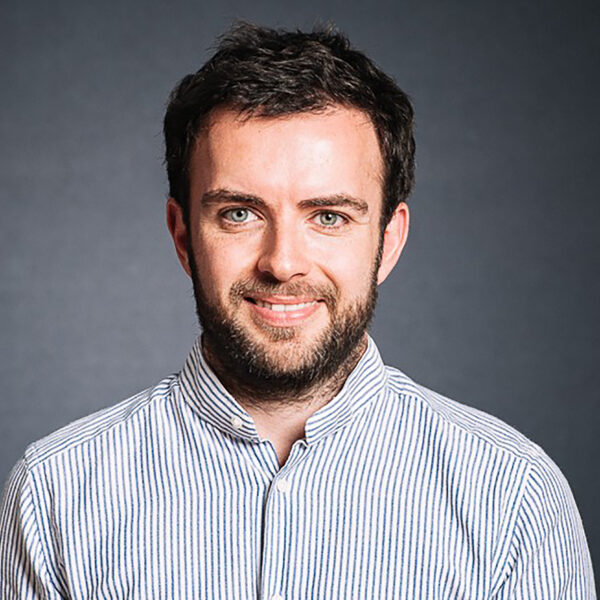400 progressives from 21 countries joint the Progressive Governance Symposium 2019 to reimagine the social contract and build communities for change. One keynote managed to set the frame for the day.
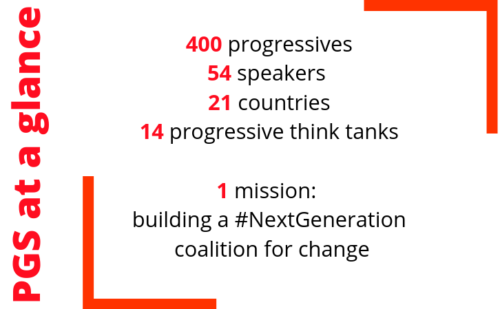
The Progressive Governance Symposium, a gathering of eminent progressive leaders and thinkers from over 21 countries, took place in Berlin on April 25, 2019. The #PGS is unique in that it combines party-political networking and leaders forums with policy input from leading public intellectuals. They bring together young, dynamic and up-and-coming politicians and intellectuals from a broader progressive spectrum from across the world.
This year’s symposium marked an important milestone in the European and Transatlantic progressive movement discussing the imperative for progressives around the world to reinvigorate their policies and politics in the face of resurgent right-wing nationalism and populism.
The challenges discussed at #PGS19
- Continuing populist surge
- Stale themes and ideas, older leaders and legacy coalitions
- Need for a paradigm shift
From North America to Europe, national-populist movements and parties are on the march. In the United States, a nationalist demagogue has captured one of the major parties – and the White House. In Europe, nationalist movements are set to make further gains in May’s upcoming European elections, continuing to elbow aside once-dominant mass political parties and upend the liberal order. As a result of an apparent inability to channel the Zeitgeist, progressive parties on both sides of the Atlantic find themselves out of power, with many in disarray.
The challenges that progressive parties across Europe and North America now face include stale themes and ideas; older leaders and legacy coalitions of interests that are out of touch with younger generations; and a misguided focus on propping up the status quo instead of embracing a political paradigm shift. To many, they have ceased to be credible agents of political innovation and social progress on topics that hugely matter to voters, including far-reaching structural changes in the economy.
While the challenges facing progressives in today’s interdependent world are immense, so are the possibilities for change. We see an imperative for progressives to act by advocating a paradigm shift to a more sustainable and inclusive economy. There are no easy answers for how this can be achieved. But the experiences of the past decade’s financial crisis have shown that a systemic change will require giving people a greater voice in making political decisions and in creating an economic system that is built on empowerment and fairness, not exclusion.
Watch the Progressive Governance Symposium’s video recap
The conversation and insights of #PGS19
- 8 sessions
- 4 plenary debates
- 2 public panel discussions
During the summit, participants discussed the imperative for progressives around the world to reinvigorate their policies and politics in the face of resurgent right-wing populism. Specifically, panels focused on three key areas of challenge and opportunity related to:
- disruptive changes in global, national and local economies;
- in the world’s climate;
- and in technological innovation
The big idea: Reimagining the social contract
To open the Progressive Governance Symposium 2019, the Royal Society of Arts’ Matthew Taylor (UK) shared an intellectual frame for the day’s discussions: “Societies are at their strongest when hierarchical, solidaristic and individualistic impulses are expressed and aligned.” In terms of hierarchy, or governance, he said progressives believe the role of government is to “balance and hold in creative tension solidaristic and individualistic impulses.” But he believes decades of neoliberalism have caused a breakdown in this balance because its proponents “argue that the state’s role is to facilitate individualism. Solidarity is nowhere in this story.” Right-wing populists’ account of solidarity – nationalism, cohesion, and tradition – could be a factor in their recent success. To stimulate solidarity and renew hierarchical legitimacy, Taylor said, representative democracy is not sufficient in and of itself –- progressives need to find new ways to rebuild popular faith in governments.
Taylor was the first of many of the day’s speakers to underscore the need for structural change. “The public understands you can’t tinker,” he said. “We need missions,” which could include confronting climate change, making sure technological advances work for social good, and initiating an “emotionally intelligent” discussion about economic redistribution.
Exploring Common Priorities
Throughout the symposium, topical breakout sessions investigated these unifying missions in greater depth. Regarding climate change, Paul Bledsoe of the Progressive Policy Institute (USA) said progressives too often “wrongly silo” the challenge as a sideline issue. Maja Göpel, Secretary-General for the German Advisory Council on Global Change and Policy Fellow at Das Progressive Zentrum, said that spending to confront climate change should be considered an investment, and moreover, a “rational risk-management strategy.” On the need to share the benefits of big tech more widely, Isaac Stanley (Nesta) emphasised that progressives should not only address structural changes to work such as automation but also “make sure citizens have access” to the newest technology. And to build an economy that works for everyone, Zoë Billingham of the Centre for Progressive Policy (UK) said progressives must grapple with “what worker’s rights mean when people are sitting behind computers in the digital economy.”
Creating An International Progressive Movement
The #PGS19 conversation addressed the need to reinvigorate the social contract not only on a national level but also internationally. French politician Corinne Narassiguin, a member of the Socialist Party, said progressives need a common agenda on global issues, one that fosters values of “solidarity, humanism, and basic human rights.” That view earned support from former Spanish Secretary of State for the European Union and Vice-President of Fundación Alternativas Diego López Garrido, who argued: “We need internationalism more than ever because we are affected by what happens outside of our borders more than ever. Unfortunately, the alternative is confrontation.” He identified the publicly-perceived failure of internationalism, due to the discontents of globalisation, as the root cause of resurgent nationalism and right-wing populism.
Podcast during PGS
During PGS Social Europe Editor-in-Chief Henning Meyer talked with Will Marshall, President and founder of the Progressive Policy Institute (PPI), about Progressive Politics and Populism in the US and Europe.
Reinvigorating Democracy
The task of reinvigorating liberal democracy was another common strand throughout the day’s discussions. “We need to talk about community much, much more,” said British Labour MP Anneliese Dodds, adding: “Brexit is a symptom that people are fed up with the status quo –- and with politicians.” Stephan Weil, Prime Minister of Lower Saxony, pointed to civic engagement as key to his state’s lowest-in-Germany level of support for right-wing populist parties, explaining that the 2015 refugee influx was handled successfully because the government engaged with civil society and “included all relevant parties in the integration process.” Green Party Chairman Robert Habeck (Germany) echoed the importance of inclusion, saying progressives should be talking with, not just about, those who feel threatened by structural change.
The Progressive Governance Symposium will continue in 2020. This year’s edition followed on from Progressive Governance conferences organised in Santiago, London, Oslo, Dublin, Copenhagen, Amsterdam and Stockholm in recent years.
